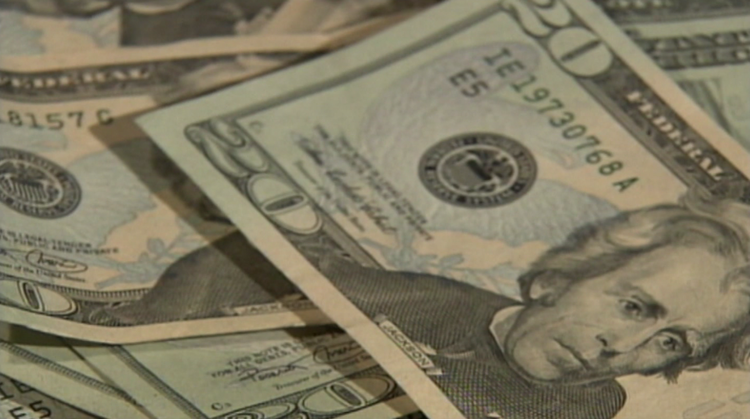Everyone ponders the same question, whether a billionaire or someone living paycheck to paycheck: How much should I keep in my checking account?
For billionaires, deciding on a checking account balance is more of an academic exercise than a necessity. Conversely, for those constantly grappling with cash flow issues, it’s a crucial and serious matter.
According to the Federal Reserve Board’s 2022 Survey of Consumer Finances (released in October 2023), the median household maintained a checking account balance of $2,800. However, there’s no definitive rule on the ideal checking account balance. Instead of following others, focus on your own monthly expenses.
So, how much should you keep in your checking account and why?
Financial experts generally recommend maintaining enough to cover one to two months’ worth of expenses.
For instance, if your monthly bills total $5,000, aim to keep between $5,000 and $10,000 in your checking account at all times.
Why is this prudent? It’s wise to have a buffer in your checking account to prevent accidental overdrafts. Especially if you have bills set up for automatic withdrawal, you wouldn’t want to wake up to find your account overdrawn, incurring unnecessary fees.
Moreover, keeping sufficient funds in your checking account allows you to manage daily expenses with ease, from grocery shopping to other incidental costs. While this isn’t always feasible, it should be your goal.
Where should you allocate any surplus cash?
While it’s essential to maintain a healthy buffer in your checking account, keeping excessive funds there isn’t ideal. Checking accounts generally offer low interest rates, meaning your money isn’t working to grow and could lose value due to inflation over time.
Consider diverting surplus funds to:
1. **High-Yield Savings Account (HYSA):** These accounts, especially those offered by online banks, can earn significantly higher interest rates compared to traditional savings accounts.
2. **Certificate of Deposit (CD):** CDs offer higher interest rates than standard savings accounts, making them ideal for saving toward specific future expenses with a fixed deposit term.
3. **Money Market Account (MMA):** MMA blends aspects of savings and checking accounts, offering competitive interest rates and the flexibility to write checks or use a debit card for transactions.
4. **Investments:** For long-term growth and financial planning, consider investing in tax-advantaged retirement accounts like a 401(k) or IRA. Alternatively, explore other investment avenues such as brokerage accounts for broader investment options.
Ultimately, managing your checking account balance effectively involves maintaining enough for monthly expenses while leveraging other financial tools to maximize your savings and growth potential.By
By: Big Sky Headlines staff

